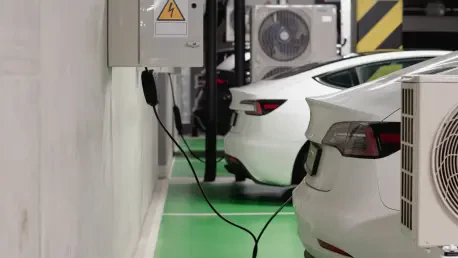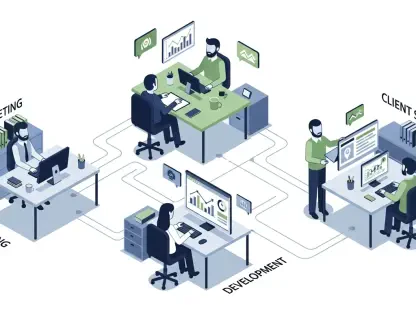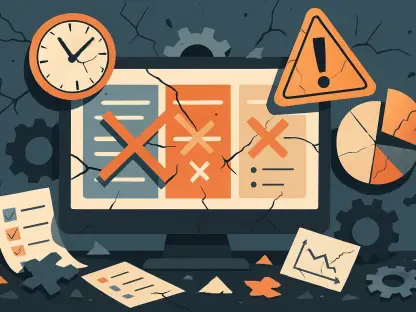Imagine a world where electric vehicles dominate the roads, ushering in a new era of transportation while creating unprecedented challenges in waste management. Electric vehicle battery recycling has become a pressing concern as the global shift to renewable energy accelerates. Amidst the drive toward sustainability, can innovative logistics partnerships redefine the future of EV battery recycling?
Rethinking E-Mobility: The Call for Sustainable Solutions
As electric vehicles take the world by storm, the disposal of their batteries poses serious environmental threats that cannot be ignored. Battery waste from electric vehicles can be staggering, adding to environmental pollution when not dealt with correctly. The pursuit of sustainable solutions in the e-mobility sector underscores the urgent need for methods that align with eco-friendly values, aiming for cleaner technologies. As the world moves toward electrification, the impetus to responsibly reuse and recycle has never been greater, echoing calls for sustainability in our daily lives.
Logistics in Transition: DHL’s Innovative Framework
Logistics play an indispensable role in electric vehicle recycling, with companies like DHL stepping up to make the process more efficient. DHL’s strategic prowess in logistics offers transformative solutions covering safe transport, specialized storage, and timely deliveries tailored to meet recycling demands. Their approach facilitates seamless recycling, fostering a circular economy where valuable materials are effectively recovered and repurposed. By implementing cutting-edge logistics strategies, DHL is poised to create cascading positive effects on sustainability across the industry.
Fortum’s Leading Edge in Europe’s Recycling Narrative
Fortum has established itself as a trailblazer in the realm of battery recycling in Europe, actively contributing to the sustainable electrification of the continent. Fortum showcases its commitment to environmental stewardship by recovering precious metals such as lithium, cobalt, and nickel from used batteries. Their innovative technologies are crucial to long-term electrification goals, ensuring that battery waste is diverted from landfills while valuable components are reclaimed for reuse. Fortum’s vision extends beyond recycling, encompassing comprehensive strategies to elevate Europe’s sustainability trajectory.
Insights from Industry Leaders on Sustainable Practices
The critical challenges facing the electric vehicle industry demand expert perspectives. Leaders at DHL and Fortum champion the cause, advancing sustainable practices through collaborative partnerships. As a DHL spokesperson noted, “Our shared efforts with Fortum are pivotal in addressing the waste cycle in e-mobility, thus transforming how battery recycling is executed.” The partnership exemplifies how strategic alliances can revolutionize the recycling landscape. Through anecdotal narratives, stakeholders highlight the effective impact of such collaborations in driving progress.
Enabling Change: Steps for Stakeholders in E-Mobility
For stakeholders eager to integrate environmentally friendly practices into electric vehicle recycling, actionable steps abound. Businesses can adopt frameworks for sustainable operations, focusing on the efficiency of resource recovery within their supply chains. Advocating for circular economic models and investing in technological advancements are pivotal moves toward supporting eco-friendly initiatives. Encouraging active engagement and awareness within the e-mobility sector fosters collective effort toward sustainability. It is imperative to embrace our responsibility in championing sustainable practices that bolster the future of electric mobility.
Reflecting on these advancements, the partnership between DHL and Fortum was a game-changer, proving that collaboration led to significant progress in EV battery recycling. The solution-driven approach of these industry leaders contributed to more sustainable e-mobility and provided a template for future initiatives. Stakeholders became instrumental in advocating environmental practices, ensuring the momentum for positive change was maintained.









